
Politics & Society
Quantifying an Australian crisis: Black deaths in custody
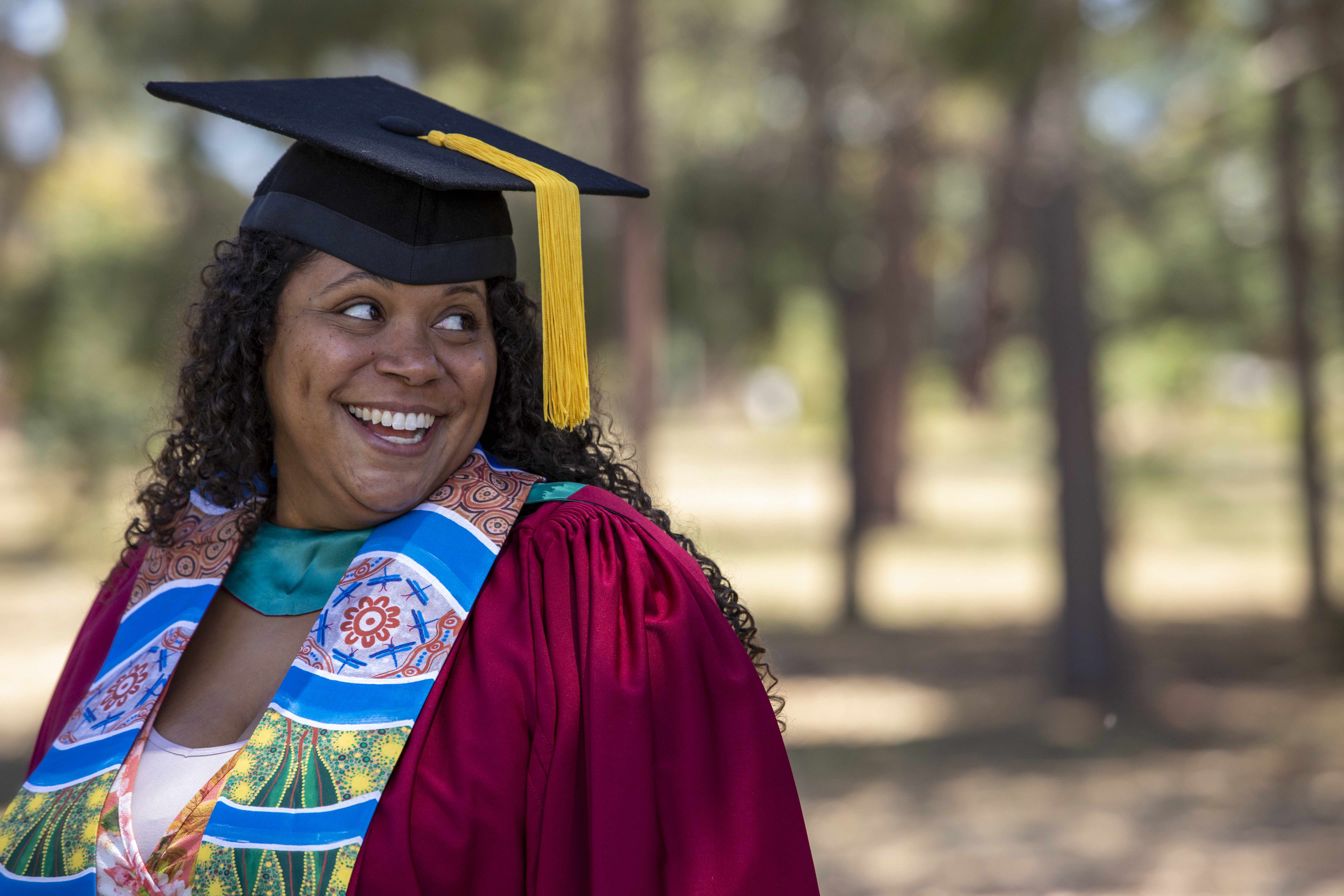
Barriers to education can be broken down when we support the diverse ways that Aboriginal and Torres Strait Islander people develop, produce and translate knowledge
Published 31 May 2023
Education provides opportunities for individuals and equips society to meet its challenges. Life expectancy, health outcomes and income generation all increase proportionately with the level of education a person receives.
While the opportunity for education exists for all in Australia, the reality is that some sectors of our society are locked out of education pathways. Indigenous Australians, in particular, are systematically overrepresented in metrics of poor primary and secondary education performances and outcomes, and underrepresented in higher education.
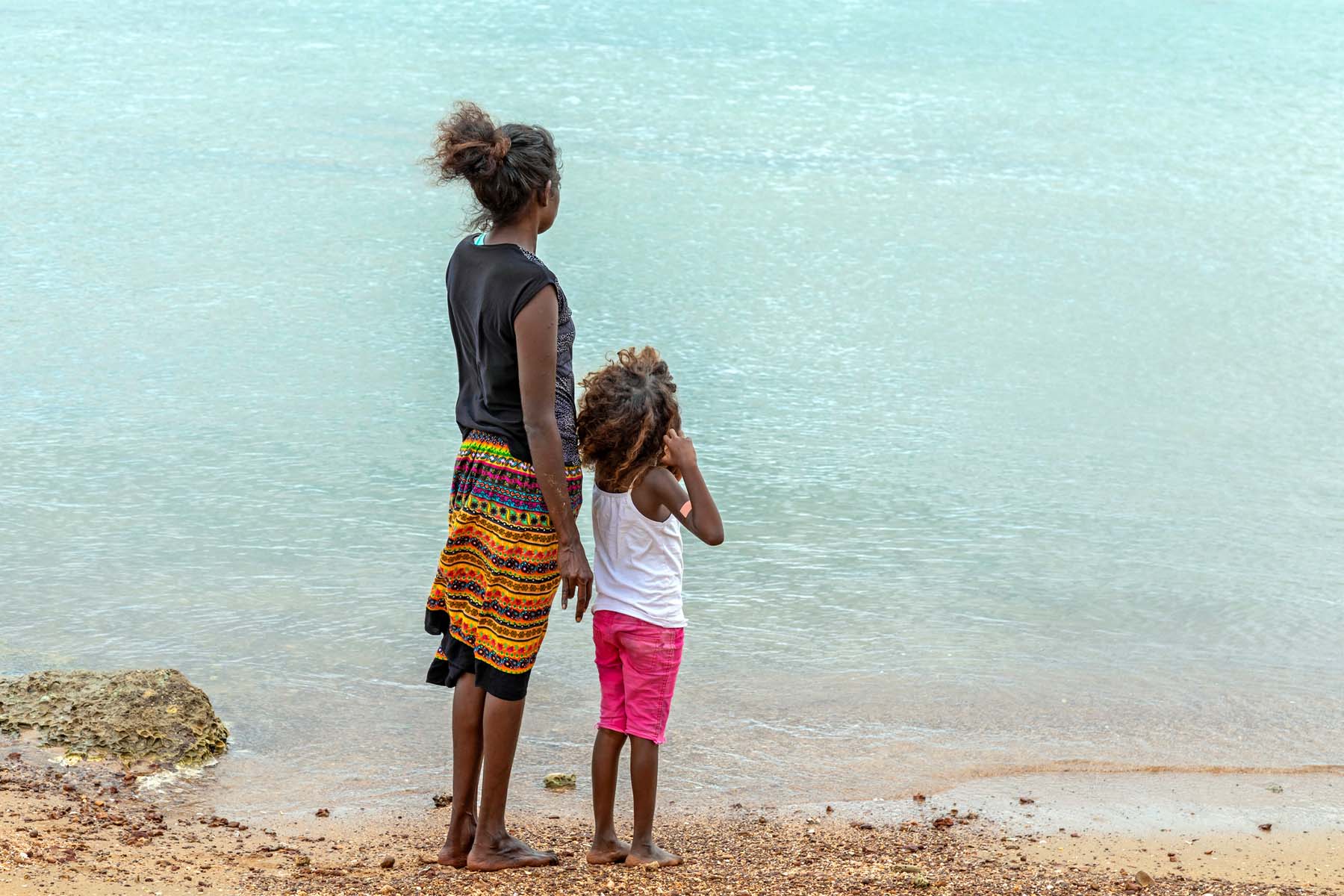
The barriers to Aboriginal and Torres Strait Islander student engagement and performance are many and include geographies of place (including poor resourcing and education standards in regional settings) and entrenched disadvantage stemming from more than 250 years of ongoing colonisation.
There is no doubt that Aboriginal and Torres Strait Islander children have the capacity to excel within an appropriate educational setting. A great number of Aboriginal kids across Australia are multilingual, and many slip with ease between fundamentally different epistemological settings.
The key word with respect to education is ‘appropriate’.
While there are notable and laudable exceptions, few educational settings in Australia – spanning primary through to tertiary – truly engage with Aboriginal and Torres Strait Islander ways of knowing, let alone our languages. When coupled with the systemic denial of opportunity for older generations and the influence this has over the number of inspiring role models within education settings for Aboriginal kids, there is little wonder why they struggle to flourish in the education system.

Politics & Society
Quantifying an Australian crisis: Black deaths in custody
The barriers to Indigenous student performance at the tertiary level are as equally prohibitive. We are underrepresented in some degrees by an order of magnitude relative to population parity. A clear reflection of the inadequacies in an education system built for one culture being applied to another.
Of those of us who do make the step to university, we are almost always the first in the family to do so, and we are in such low numbers that we often lack a sense of cultural safety and a collective of peers. A confluence of these and other factors means that we drop out at almost double the rate of non-Indigenous students and we are half as likely to pursue a research higher degree.
These are simple realities. Simple facts. Aboriginal and Torres Strait Islander people are locked out of many areas of modern Australian society, consciously and unconsciously, and education is no different.
These realities have inspired the Closing the Gap strategy of the Australian Government, a scheme that has been a mix of success and failure through successive governments, each of which has shifted priorities in ways that have very real impacts on the ground for our people.
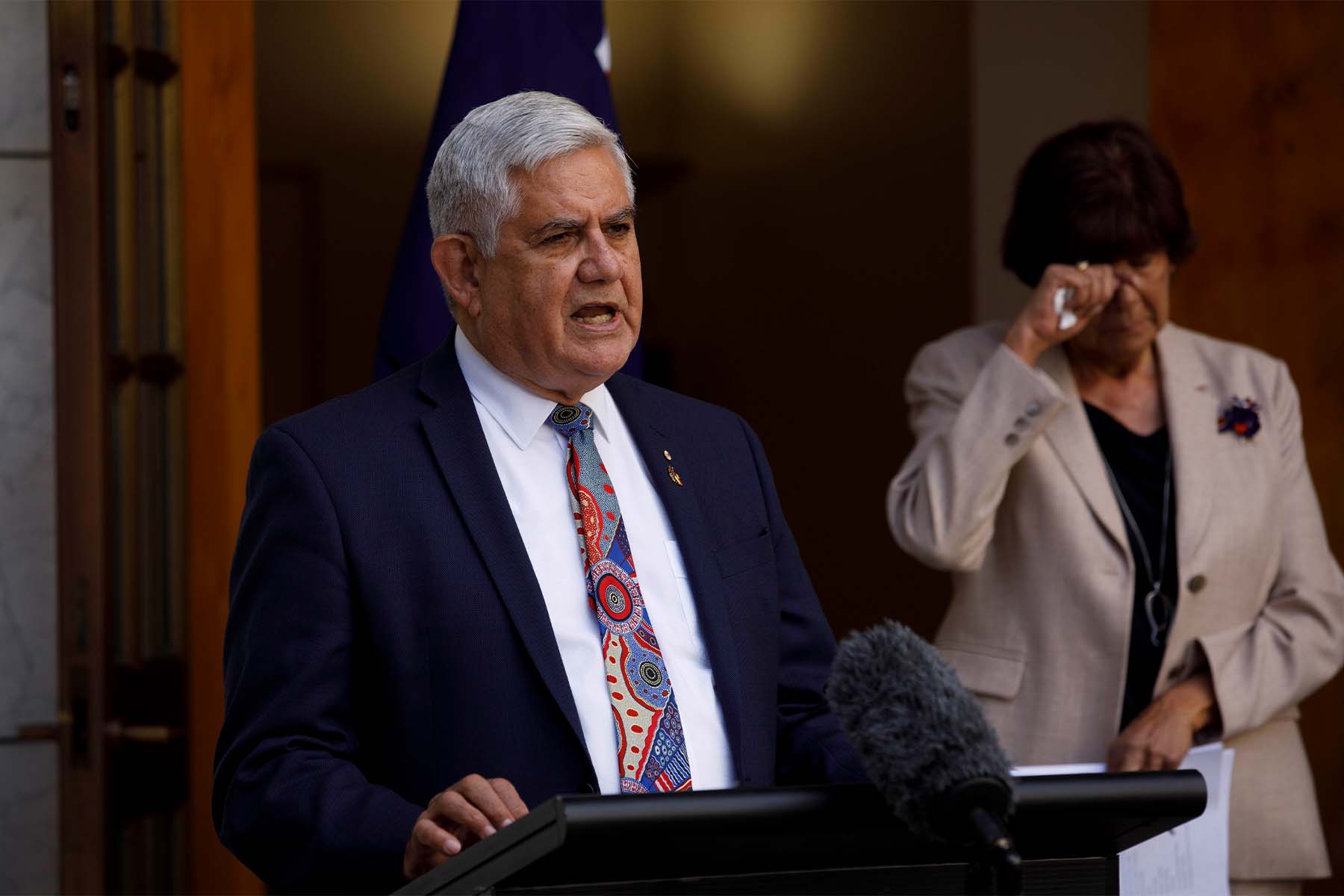
Universities, too, have sought to break apart their structural barriers to Indigenous people engaging with and flourishing within the tertiary sector. Also with mixed results.
Universities have a limited capacity to effect change on the ground in primary and secondary classrooms across Australia. However, universities can play a critical role in paving the way for more of us to consider further study a viable reality in the face of the pressing realities of paying the bills, fulfilling obligations to our family and kin, and dealing with the ever-present realities of our socioeconomic situations. We here at the University can be a Voice for Generations in our own way.
The doing is always harder than the saying, though. What does it require? What are the tangible things we can do that will make a difference? How can a system built on the very foundations of European culture be used to benefit all Australians equally?
There are many ways.

There is the inspiring education work currently being undertaken by the Ngarrngga Project in the Melbourne Graduate School of Education, a project that is set to revolutionise the Australian curriculum in a way that will allow our kids to finally learn about this place – about our Country.
This is a radical shift from the current curriculum that seeks to prop up colonial ideologies that have catastrophically failed on this very unique continent.
There is a range of projects and programs designed to focus the University’s capacity, intellect and power for the benefit of Aboriginal and Torres Strait Islander Australians in a meaningful and lasting way. A great example is the Olkola Aboriginal Community’s collaboration with the Faculty of Architecture, Building and Planning, a project that has developed appropriate ways of engaging with and allowing community to lead the design of appropriate construction on Country that respects culture and place.
Our Indigenous Knowledge Institute (IKI) has led the charge of breaking down the barriers to meaningful incorporation of Indigenous Knowledge into the Academy through a highly successful Indigenous Knowledge Fellows program.
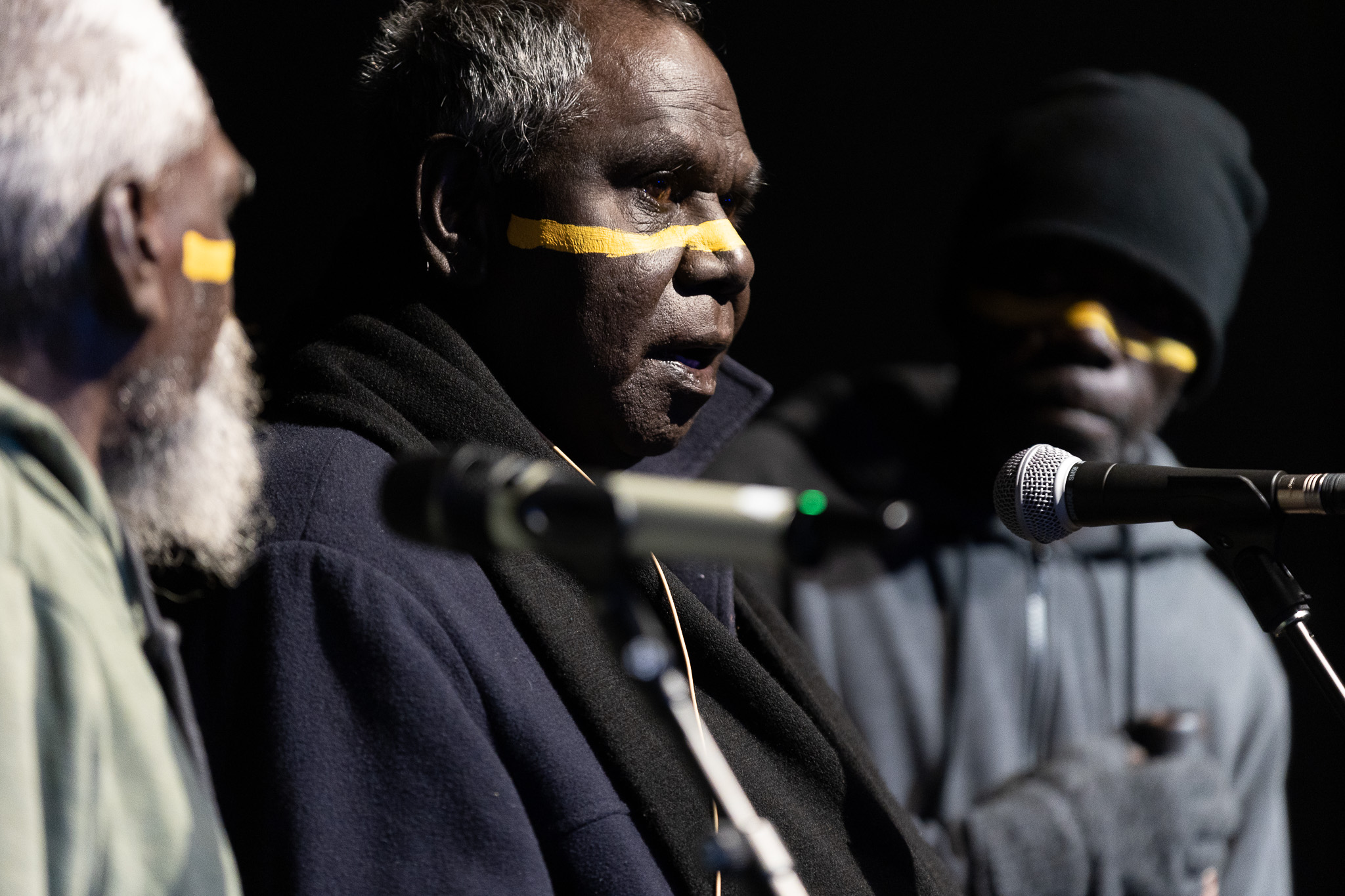
This program brings key knowledge holders within Aboriginal systems into conversation and interaction with the University. Brian Gumbula (Yolŋu), Wanta Pawu (Warlpiri) and Aunty Di Kerr (Wurundjeri) are our current Indigenous Knowledge Professors, each of whom possesses vast reservoirs of knowledge built on thousands of generations of intimate relationships with place on this continent. People and knowledge that have typically been excluded from the university sector.
The IKI Community Fellows, a collaboration between the IKI and the Melbourne Social Equity Institute, likewise have opened the door to other ways of knowing and doing that are changing ways of best practice within the University, ensuring that we fulfil our charter “to benefit [all of] society through the transformative impact of education and research”.

Sciences & Technology
Indigenous knowledge and the myth of ‘wilderness’
Continuing in this work, we at the IKI have just launched our Indigenous Knowledge Doctoral Academy and PhD course. This is a true game changer for the way that Aboriginal and Torres Strait Islander people can undertake a PhD at the University.
The PhD in Indigenous Knowledge course recognises the diverse ways that Aboriginal and Torres Strait Islander people develop, produce and translate knowledge. Ways that are inhibited by the conventional structures within the academy. Aboriginal and Torres Strait Islander knowledge systems often translate and pass on knowledge through song, music and art, a process that encodes information in a dynamic way that is suited to our dynamic world.
Our program allows candidates to, for example, embark on a PhD that might be aligned more to a science such as animal anatomy in the current University offerings, while developing outputs that are more akin to the fine arts or music.
We draw upon our Indigenous and non-Indigenous academics’ extensive networks with Indigenous knowledge holders, ensuring culturally appropriate and robust assessment of a candidate’s work.
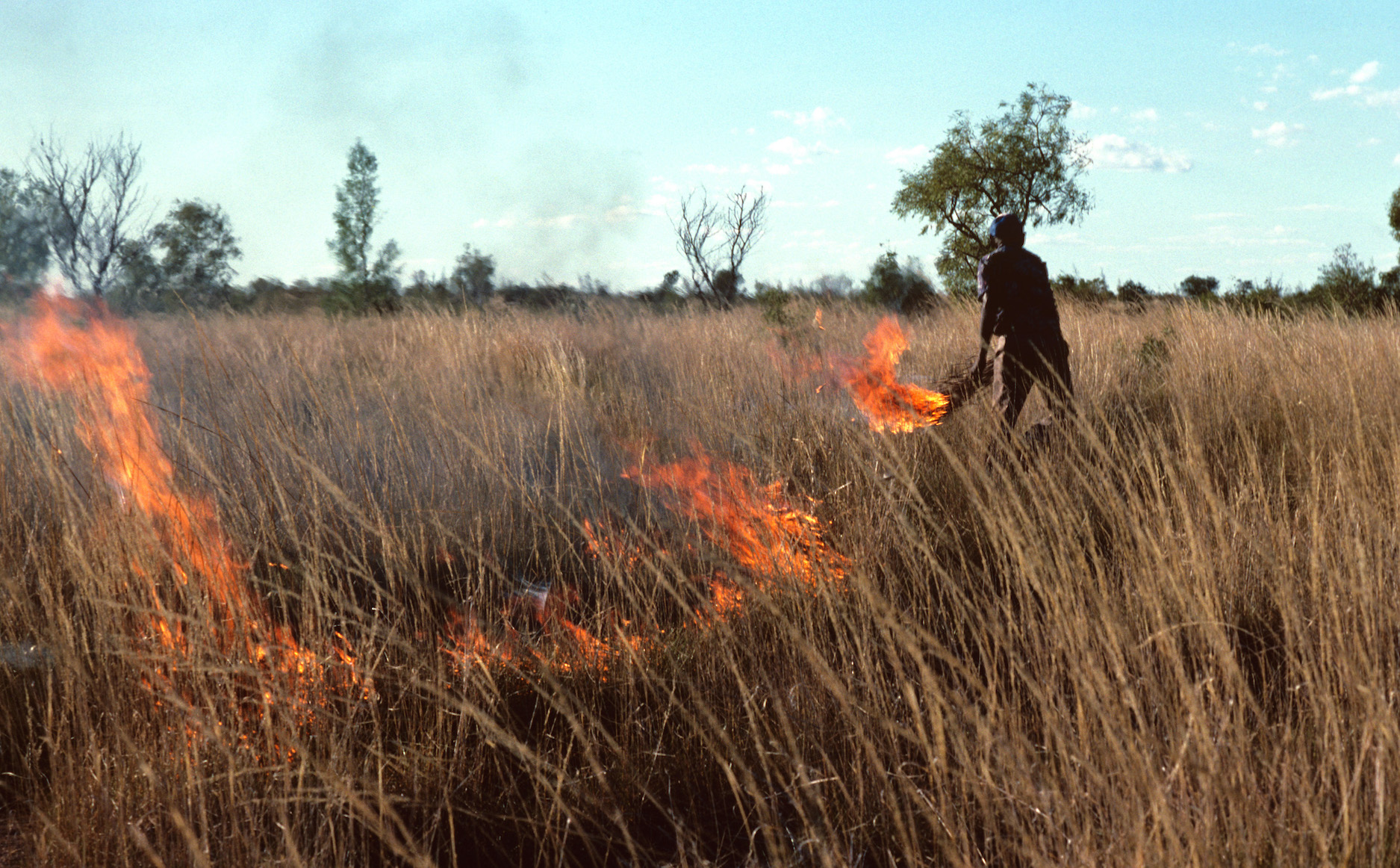
Our doctoral academy will launch later this year and will provide professional, intellectual and support resources for candidates across the University working in the Indigenous Knowledge space.
Targeted workshops will provide opportunities for candidates to work on skill development, engagement with Indigenous communities and how to navigate the academy. We will host seminars by key Indigenous and non-Indigenous thinkers that will enrich the cohort and the broader University community.
These novel programs represent a huge step toward creating an education system that reflects both the culture developed over tens of millennia – in and by our continent – while allowing knowledge production and translation that is appropriate and addresses the challenges faced by modern Australia.
Banner: Getty Images